Roll For Insight: Balancing The Power Fantasy
June 14, 2019 by brennon
One of the key aspects of being a Dungeon/Games Master is that you have to try and make sure that the heroes feel like, well...heroes! This can take many different forms and one such way is to embrace the Power Fantasy.
However, whilst I agree that there is a time for making your characters feel like mighty heroes, be it from movies or books, there should also be more time given to exploring the fact that even the mightiest heroes have cracks in their armour.
Carving Through Foes
This topic was raised recently when talking about Age Of Sigmar: Soulbound, the upcoming roleplaying game from Cubicle 7. In the game, you can play as characters like the Knight-Questor, a mighty warrior blessed by Sigmar, able to harness the power of lightning through their swords in order to smite their foes. Sounds cool right? Well, it's going to be fun playing one of those alongside someone like a Kharadron Overlord Skyrigger with nought but their guns I'm sure.
The folks at Cubicle 7 mentioned that they have found mechanical ways to make this balance feel right in gameplay but also there's the roleplaying element which comes into effect. Now, of course, this depends entirely upon your group but I love the idea that someone might play the role of a Stormcast Eternal who is a mighty weapon of war, but broken inside and dealing with the fact that they are essentially a tool of a higher being. Suddenly you've got a much more nuanced character, even though one is of a much higher power level (over 9000 surely?).
The same comes up a lot when you look at games like Wrath & Glory where Space Marines go adventuring alongside Inquisitors, Guardsmen and Techpriests. Sure you've all got lots of cool skills at your disposal but when the filth hits the fan surely the Space Marine can just wade in and sort out the problem? This 'power fantasy' problem becomes even more apparent when you look back to games like Deathwatch where everyone is a Space Marine, a living weapon of war blessed with near-impenetrable armour and genetically engineered constitutions.
Surely after a period of time playing these characters, it's going to get boring just being the killing machine?
This is not going to be a problem for every group as some folks like being murder hobos but I think that a lot of people are now finding out that exploring the nuances of characters in roleplaying games is much more rewarding. Here is where the cracks in the armour come in.
Cracks In The Armour
Even Space Marines, those grim and brutal killing machines of Warhammer 40,000 have a nuance to them. If you've ever read any Black Library book or delved deeper into the lore behind Chapters like the Space Wolves or Blood Angels you'll find tragic figures who make for excellent characters to roleplay.
If you're taking on the role of a Blood Angel you're a warrior cursed with a fury and angry which can only be sated by letting yourself go. As a storyteller, you should be trying to emphasise this with the player who is taking on that role, cluing them into the potential chaos (quite literally) that awaits them if they let the Red Thirst take control.
Maybe you're a Black Templar who spent their entire life on a Crusade hunting down heretics in the name of The Emperor. You have a strict and regimented set of ideals that you follow but what if the Space Wolf in your Kill Team starts making your question your decisions. Maybe you don't just go in and burn all those Imperial citizens that might have accidentally harboured a Chaos cultist?
Forcing your mighty heroes to make hard decisions and think in different ways allows you to temper that power and make them think twice about just murdering everything they see. I suppose you could call it appealing to the reality of their decisions. Sure it would be easy to load up rocket launchers and blow a settlement to pieces but how would that really affect your character?
The Beast Within & A Sense Of Humanity
Another game which deals with this really well is the World Of Darkness. I'm going to reference my time here with Vampire: The Masquerade and Werewolf: The Apocalypse here where, in both cases, you are effectively monsters who have to try and use their 'gifts' whilst also trying to keep your existence a secret.
Vampires need to feed and can use mystical powers but they also must adhere to the Masquerade. Werewolves can turn into balls of fur and fury but if you end up letting your rage get the better of you, you could end up not only threatening the safety of your pack but also being hunted by Hunters and maybe even the dreaded Pentex Corporation.
As well as this focus on tempering your power you've also got the added element that the players were, at one point, human. Maybe you have friends, family and others you ended up having to leave behind? Completely embracing your darker side might end up coming back to those you love in a terrible way.
Appealing to this humanity is a sure fire way to really balance out the want to just kill everything you see for the sake of experience. If we go back to the idea of playing a Knight-Questor, at one time or another you were a mortal who had a life beyond service of Sigmar. Maybe, despite being reforged as you are, you start to remember a glimpse of your old life and that starts to determine just what decisions you make when adventuring.
Mechanical Balancing
As well as the roleplaying options here which are really dependant on the group in question, there are also mechanical ways you can make your players feel like mighty heroes, and also nuanced characters with depth to their personalities.
Back in Dungeons & Dragons 4th Edition, they had a mechanic for Minions. Minions could be creatures like Goblins or something more powerful but they just needed one hit to bring them down. This meant that you could send your heroes into a fierce battle against dozens and dozens of enemies, hacking through them as a farmer harvests their wheat field. It meant that you could give the players that epic 'Balin's Tomb' moment where the heroes carve their way through a bunch of foes with ease, making them feel epic.
It also meant that when you threw something a bit more powerful at them that didn't have the Minion keyword they'd also get a rude awakening and have to change up their tactics, making fights feel a bit more deadly. Sure, this was very much focused towards the idea of miniature-based combat but it could easily be transplanted into newer editions of D&D and other games.
Savage Worlds also does something similar whereby most foes go down from one hit. You, as heroes in the story, take a bit longer to go down but it enables you to make interesting and action-orientated combat like you see in the movies. Also, the way you can effectively do as many different actions as you like in a turn (as long as you're willing to take the minuses!) means that you could be even more epic.
All of these different mechanics can be transferred into other games to make sure that your Paladin feels like an iridescent holy warrior, or your Barbarian feels like Conan at the height of his power.
Away from combat, there are also ways to twist things the other way. Offer experience and give additional cool story points to players who try and solve situations without the need for combat. If they manage to talk their way through a situation, or the Space Marine intimidates his foes into giving up the information they've still done something cool. Make sure you reward them for doing so! It'll still make the Space Marine feel like a badass if he managed to get the Cultist to pee himself.
Fail Forward
There is also another quick topic that I want to bring up. If you want to make sure that your party feels awesome, make sure that you employ the Fail Forward ethos. Even if the players fail a roll, make sure that it succeeds, but at a cost. This means that they still feel great but they also have to deal with the consequences. It's much more fun!
Also, don't be afraid of making sure the heroes actually fail once in a while. Maybe the enemy gets away, they accidentally burn the evidence they needed, or a hostage situation goes really badly. If they make a bad plan, don't shy away from making them feel the consequences of it sometimes!
Take Cues From Books!
Lastly, I want to talk about something we've discussed before. Books are a great resource on which to draw inspiration from. Some examples which influence my campaigns are the likes of The First Law trilogy and The Dresden Files.
Joe Abercrombie has a character in his trilogy called Logen Ninefingers. Ninefingers is a gentle giant most of the time but when battle descends he turns into The Bloody Nine. This is how I explore the way Barbarians work on the tabletop. The Bloody Nine is a force of nature, immune to pain and a wrecking ball, killing everything in sight...everything. Even Logen's friends fear The Bloody Nine.
I love the idea of weighing the powerful musclebound Barbarian against the results of their actions. Sure he/she raged and butchered a bunch of foes, but did any innocents get caught in the crossfire? Did you accidentally turn on your friends and hit one of them in the midst of battle? It suddenly makes them fear to set off the bomb, even if it's going to make for epic explosions.
The Dresden Files helps those who want to try and temper the power that spellcasters can use in battle. Sure Dresden can bring to life a wall of fire, or turn an entire lake into a sheet of ice, but it sucks out everything he has in order to do it. Make magic have a cost. As Bayaz in The First Law also says, he can't just cast magic whenever he likes. Everything draws from somewhere and has a cost. Making sure that that fireball might cause something terrible to happen elsewhere, maybe when the wizard is pushing themselves to their limit, means that once again you're letting them be powerful...but thinking about how that might affect the world around them.
Trust me, read both of these book series for yourself. It will give you a new appreciation for Fantasy!
Not For Everyone
These tips aren't going to work for everyone. As I mentioned, sometimes groups just like murdering hordes of enemies and stealing the loot. But, for those that want to play mighty heroes with a twist, powerful warriors and wizards who have nuance and character, hopefully, this might have given you a few ideas.
The last thing I'll say is that sometimes it's good to explore role-playing games where you're not the mighty hero. Look to games like World Of Darkness, Warhammer Fantasy Roleplay and perhaps something funny like Goblin Quest in order to play a game where you maybe don't have the solution to every problem. Sometimes it's good to fail.
Art by Greg Danton, Jasper Ejsing, Yerbol Bulentayev, Kieran Yanner, Jaime Martinez and Jakub Rozalski
How do you balance the Power Fantasy?
"...I think that a lot of people are now finding out that exploring the nuances of characters in roleplaying games is much more rewarding"
Supported by (Turn Off)
Supported by (Turn Off)
"...for those that want to play mighty heroes with a twist, powerful warriors and wizards who have nuance and character, hopefully, this might have given you a few ideas"
Supported by (Turn Off)





























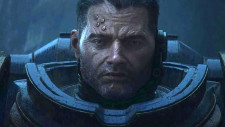

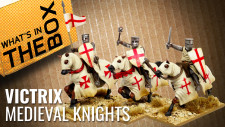

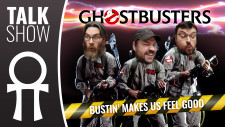
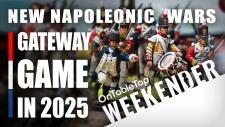
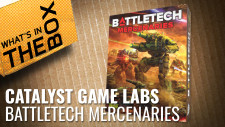
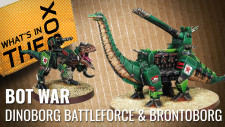




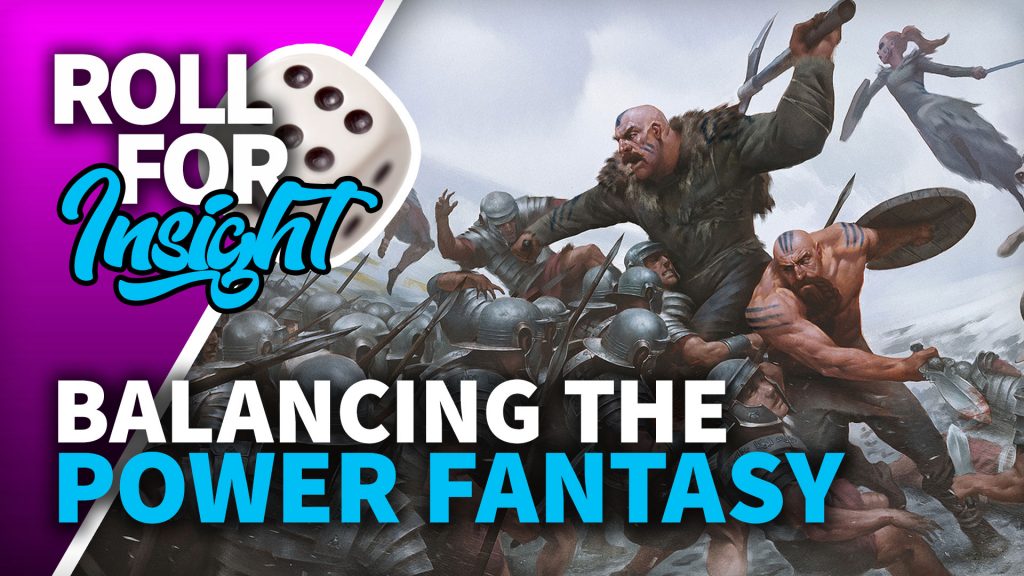
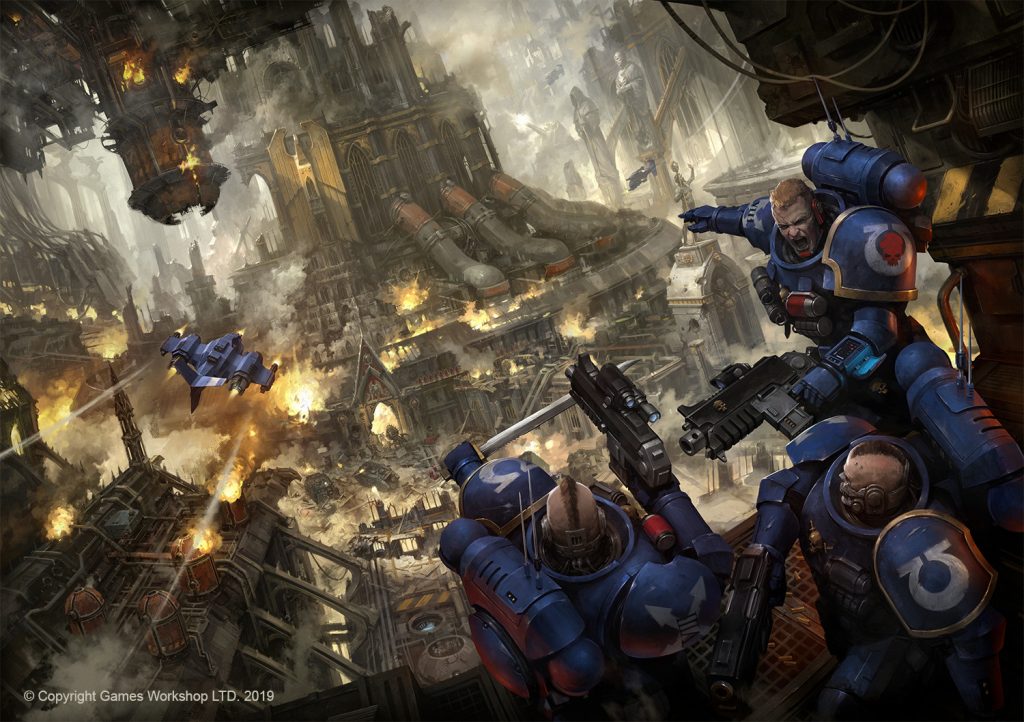
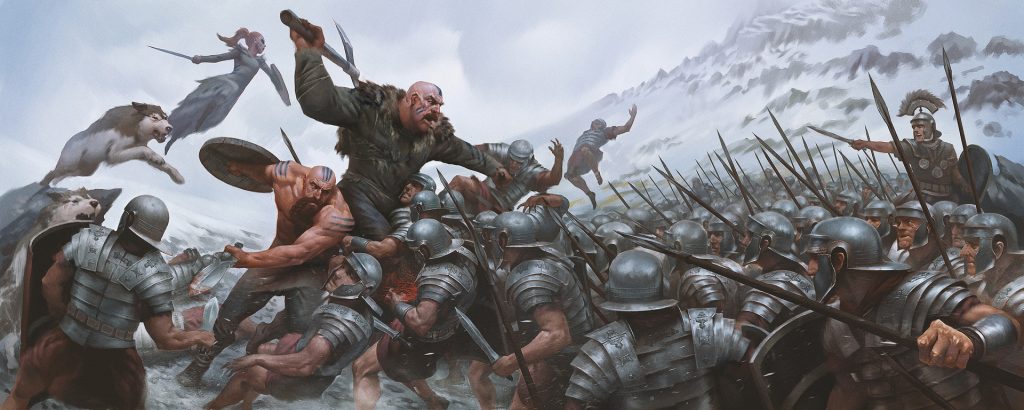
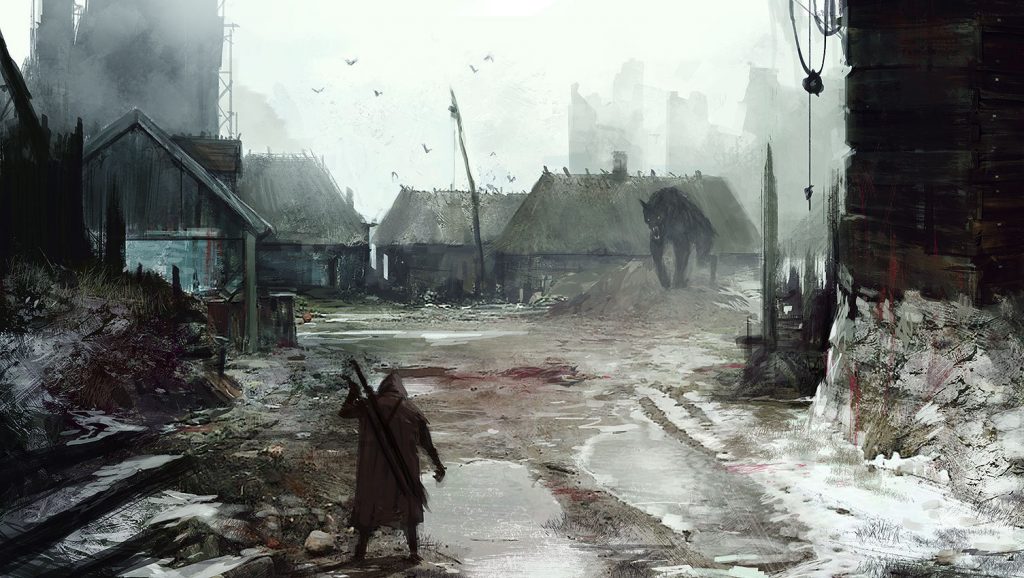
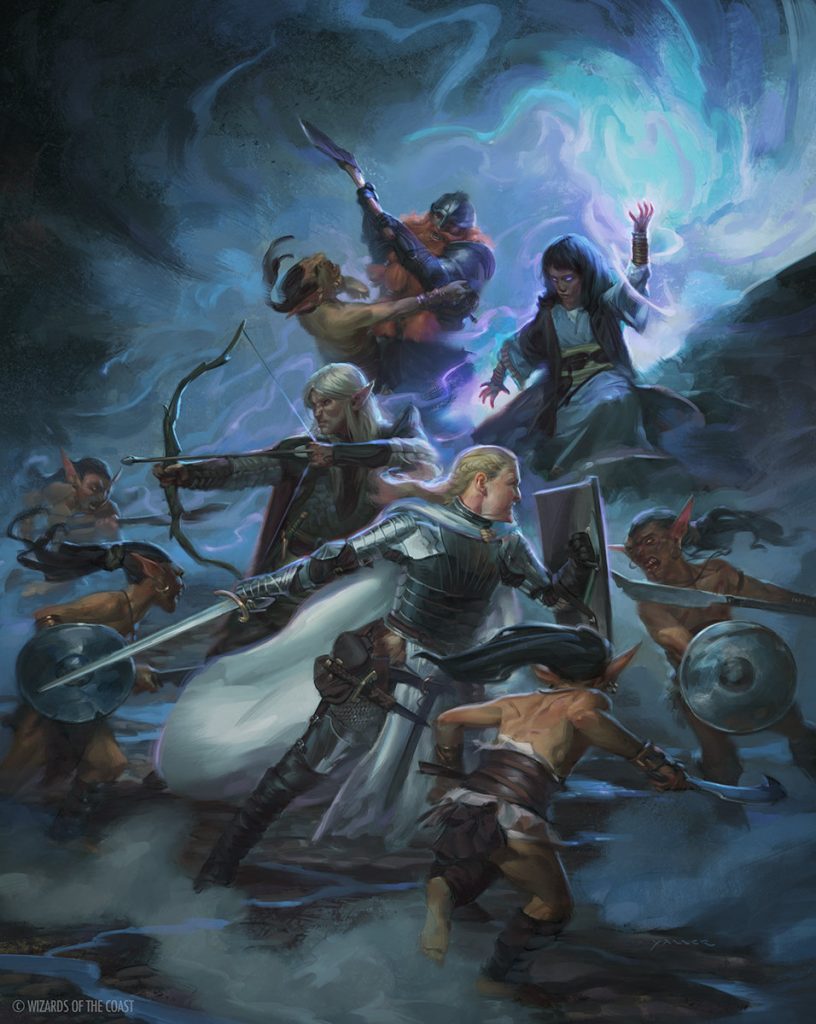
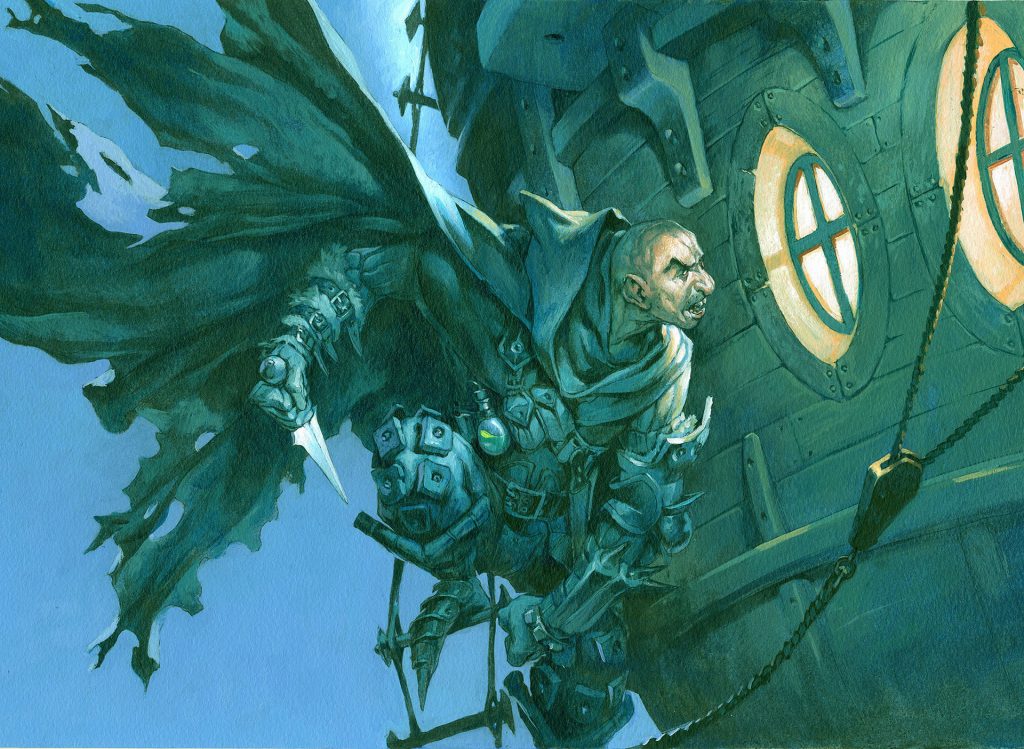
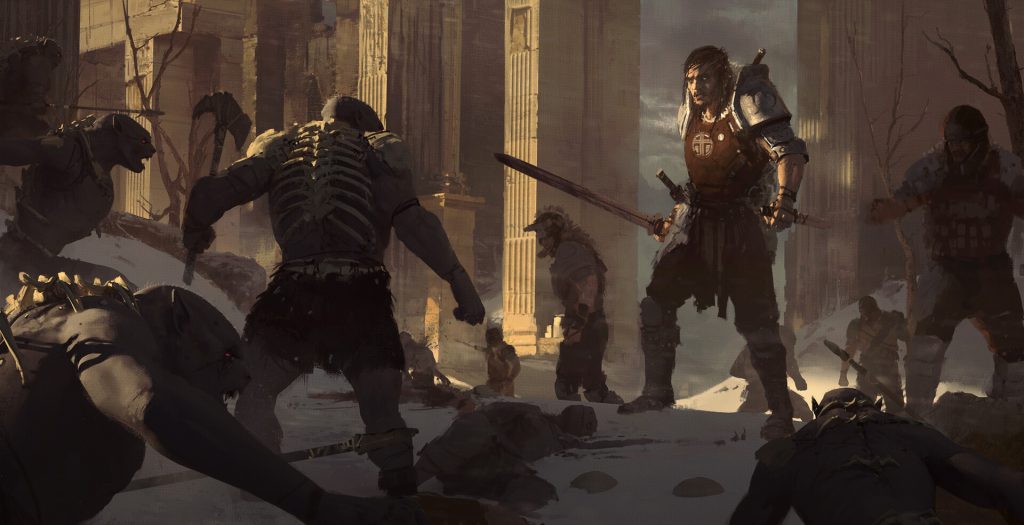


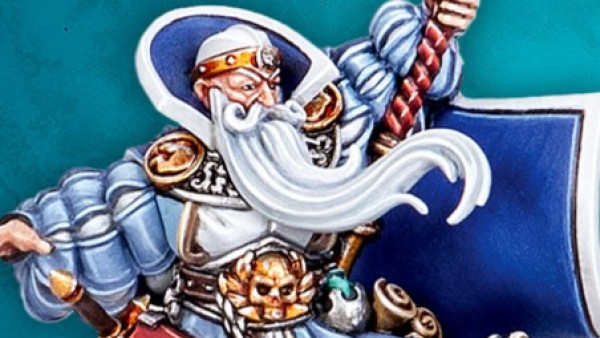

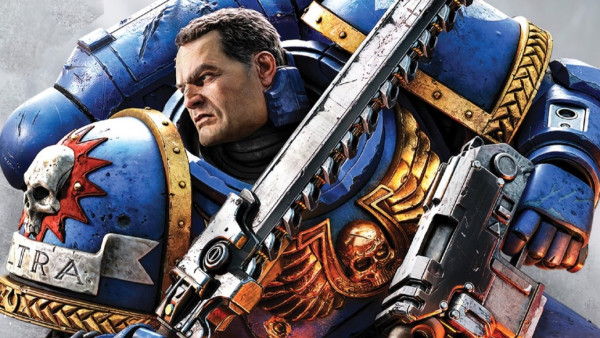
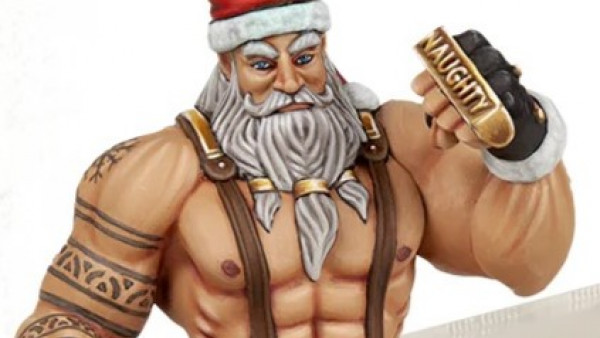
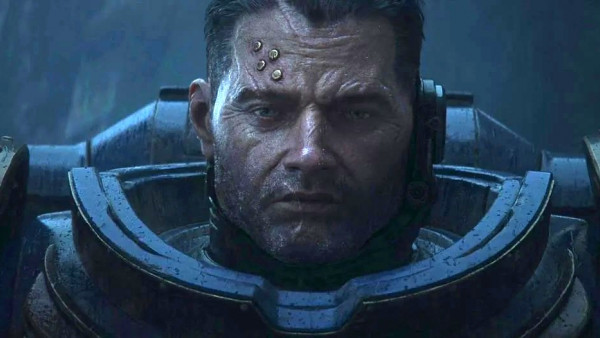

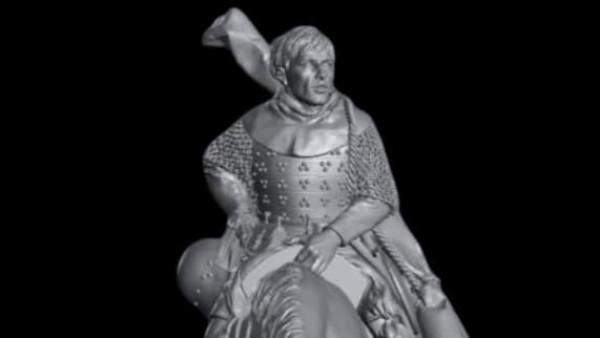
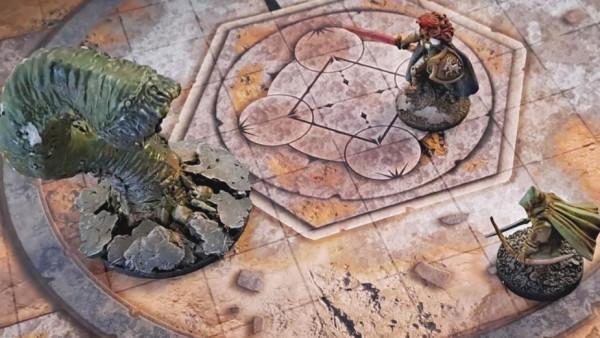
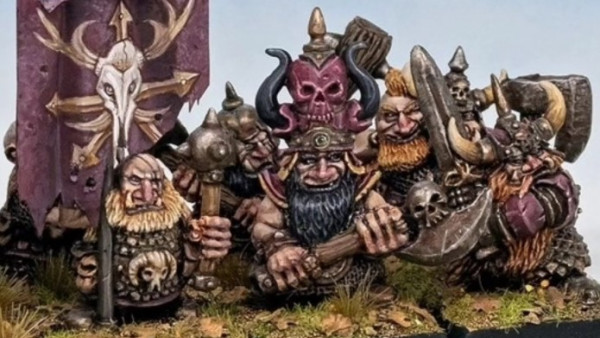


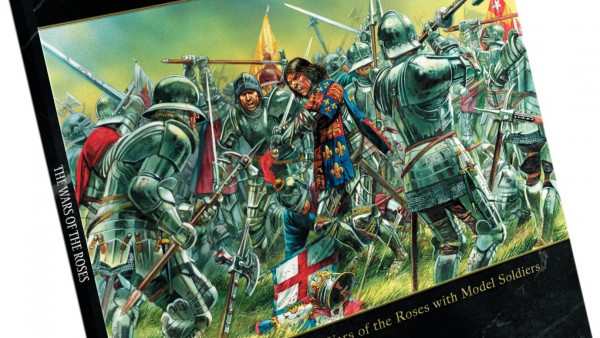
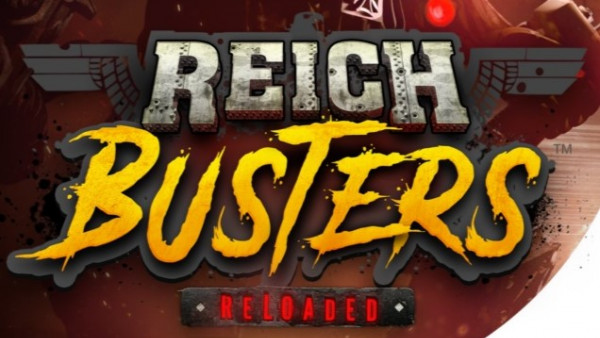
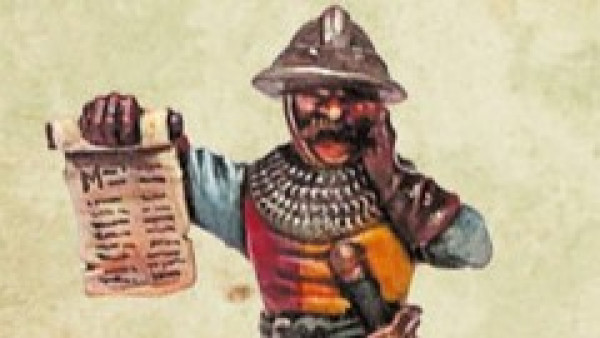
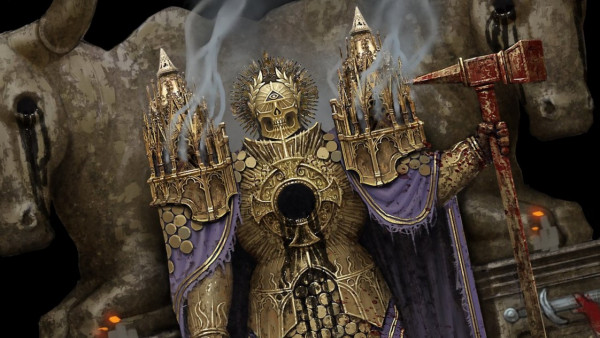
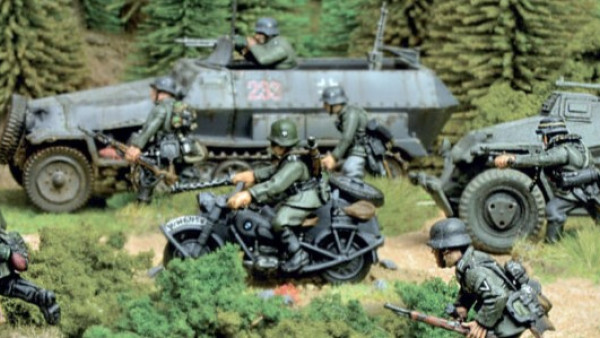
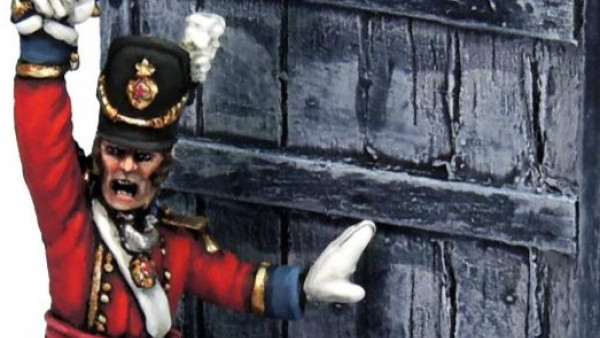
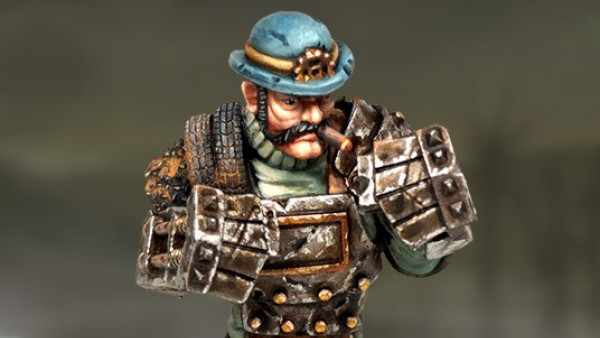
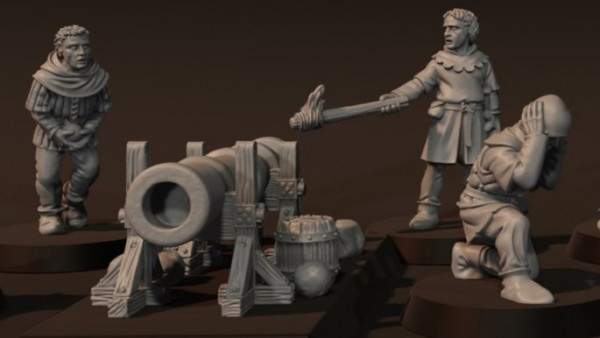
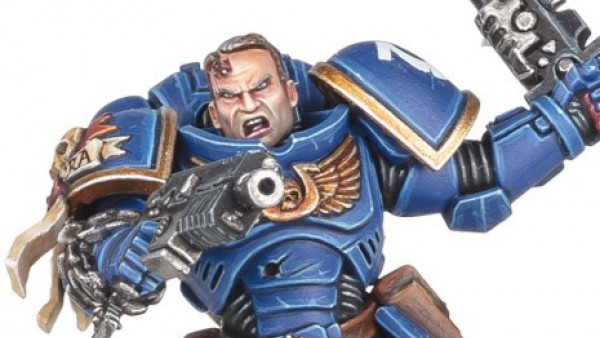
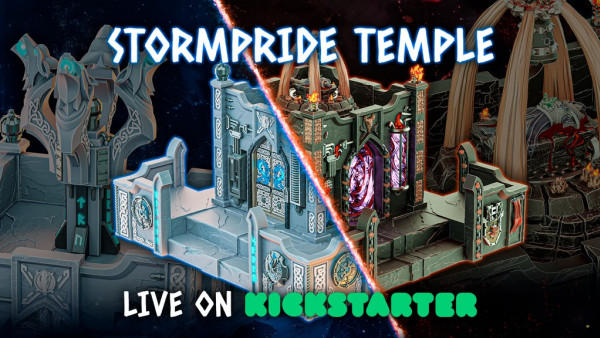
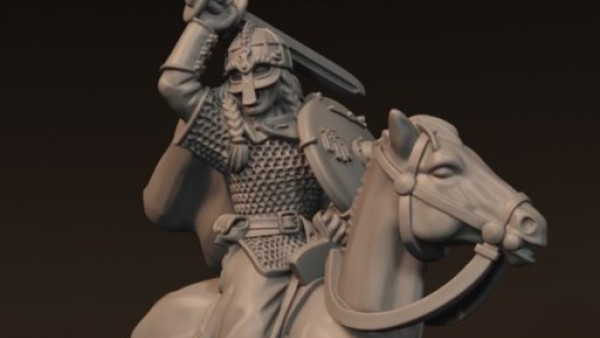
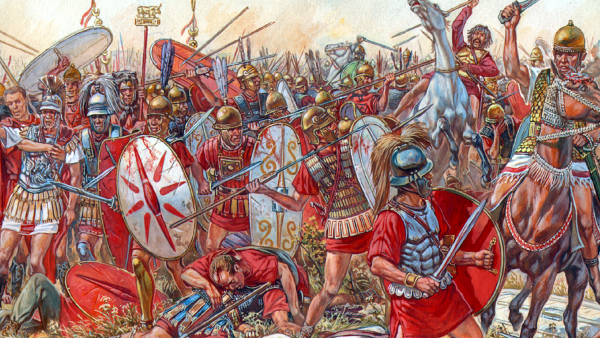
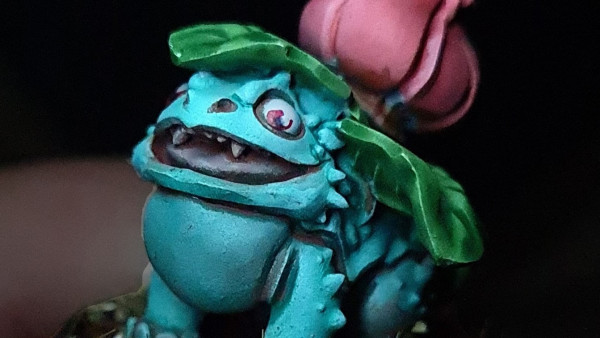
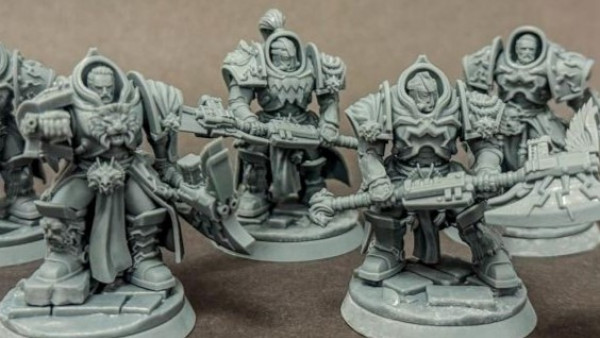
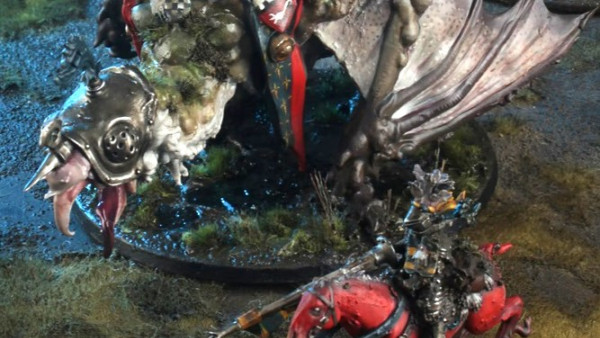
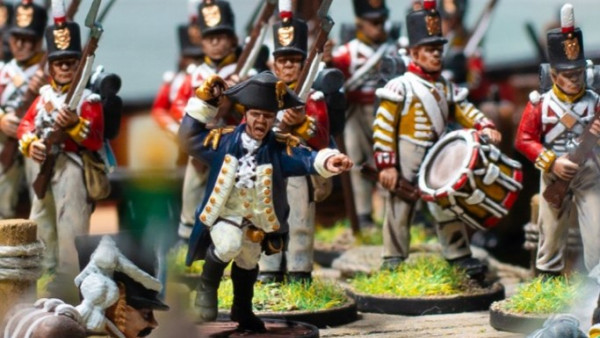
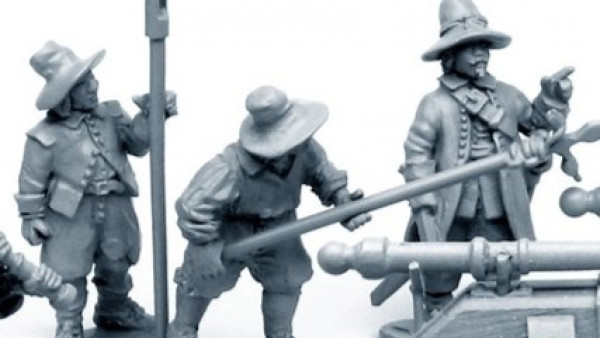
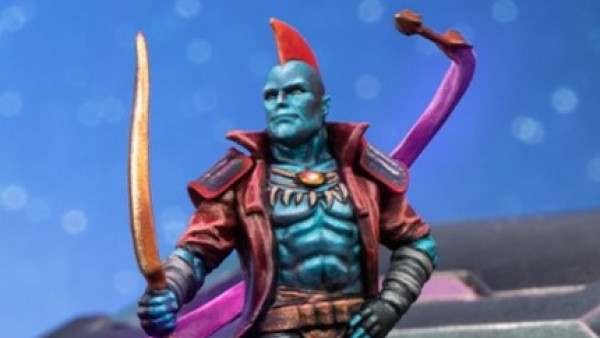
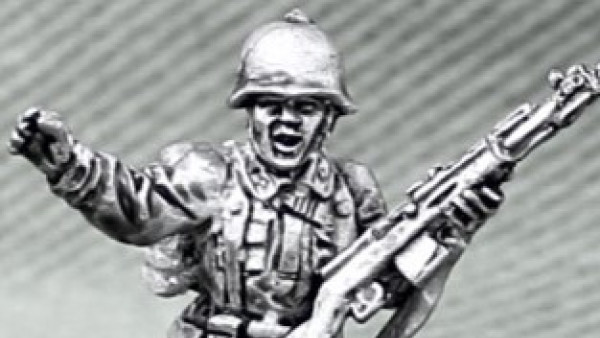


Don’t forget DCC (Dungeon Crawl Classics) and their concept of the ‘zero level funnel’ where you start with a bunch of zero level characters and the survivors get to chose a class and level up.
https://rpggeek.com/thread/819350/designing-0-level-funnel-adventures
Aye a good old fashioned dungeon crawl is good for those who want to just power through levels and slaughter stuff.
Sometimes you just want some mindless violence to unwind… it’s why dungeon crawler boardgames exist… and sometimes after a stressful week at work it’s what you need… I’m sure I’m the only one that imagines that the orc they just beheaded is their manager… or am I?
I think everyone gets that sometimes aye…
One of the problems I find as a GM is the immortality of PC’s… well their perception of it. Most players will not back down from a fight and are even less likely to surrender. They believe that the GM won’t kill their characters. So when faced with insurmountable odds… they attack anyway. There’s a mechanic in Hollow Earth Expeditions that has helped me in the past… Style Points. They’re basically rewards for the players for role-playing, humour… pretty much anything that the GM feels is worth a Style Point. I also used them as a bribe… Sometimes the story… Read more »
I think the ‘immortality’ issue for PC’s depends on how the game was presented from day 0. If you don’t get an opportunity to experience both the threat of combat and the advantage of alternative solutions (or if a failed social skill check resulted in combat … ) then you eventually stop thinking of encounters as opportunities to roleplay. I agree with the ‘no social skills’ suggestion. A social skill check reduces the threat of social encounters to a roll of the dice as opposed to an opportunity to become the character. It also makes combat more attractive as you… Read more »
Combat should be the last resort, but it’s often not the case. It’s fine to break the story up with some action scenes… Lord of the Rings would be a long slow walk to Mount Doom without the battles to liven it up and those battles give a sense of peril to the heroes… but it would also be tedious story if they had to fight their way from Bag End to Mordor. As you said, turning social encounters into a series of checks is not a good idea as it basically becomes “I attack with my Persuasion” and he… Read more »
Aye, I think that players should be rewarded for trying to find a peaceful way to resolve a conflict without just cutting them apart. You have to balance that though.
If the players are Barbarians, Fighters and such then you might need to ramp up the combat. It’s all about the balance.
Combat could be solved by strength though beyond combat. For example, collapsing a tunnel with a well-aimed strike or smashing a bridge/cutting down a tree etc. Lots of options.
a good informative article I’m pretty good when it comes to realism that killer blow usually never comes with a bad dice or a good save prolonging the story.
I only played Buffy the Vampire Slayer RPG once, at a convention, and many years ago so I don’t remember exactly how the mechanics worked, but I do remember that the game balanced mixed parties of ‘superhero’ level characters (Buffy, witch Willow) with ‘normal’ humans (Giles, Xander). And it did it very well. Having a strong sense of narrative and tone was important. Players and GM all knew that the balance / combination of different power-levels of the setting was integral to it. The villains had a similar mix between powerful boss types and rubbish, easily-dispatched minions, so it was… Read more »
That’s a good way of dealing with the power gap between certain players aye. I think the right group is key for roleplays like this too.
Another very simple way to deal with power balance is to delink experience rewards from mechanical in-game achievements. I don’t know if DnD still gives set amounts of exp. for certain things (e.g. 50 exp per orc killed) but I don’t think this kind of mechanism does anything but hinder roleplaying. I much prefer games which provide a fixed amount of exp per session and which may occasionally give a bonus for an individual or the group doing something really special. Players shouldn’t need to be ‘paid’ to roleplay. If they enjoy roleplaying, they’ll do it. If the GM rewards… Read more »
While power fantasies are fine there is more to RPGs than killing monsters, taking loot and having your PC grow stronger so it shouldn’t be all there is. After all there is good to have some actual roleplaying as well with PCs interacting with world and NPCs that they encounter as well as act way that they PCs would act. Then again DMs that only run dungeon crawler campaigns tend to be either lazy or lack talent to make interesting campaigns that have variety and options for more roleplaying minded players.
Although getting more powerful and finding loot isn’t essential… if there isn’t progression the game can feel stagnant and players can get bored. There is a place for dungeon crawls, but it shouldn’t be every week, unless that’s the play style that the group wants… and some do… that’s how MMO keep people coming back, rewards for killing and loot, because in an MMO there is sod all role-play. Not sure if you have ever DM’d @mecha82, but writing an adventure can take a lot of work, especially if it’s something that involves a mystery, puzzles, or even social encounters…… Read more »
Yeah DM’ing is rough haha…it can go wrong so often but you learn to weave some fun stories into all the combat haha.
Thanks for letting me learn about The First Law trilogy. Just purchased the books after reading some reviews. This looks to be a fun summer read.
You will not regret it. It’s grimdark Fantasy as it was meant to be written. George R.R Martin can also move over when it comes to twists and such…Abercrombie is so much better at it.
I would highly recommend going onto Heroes, Best Served Cold and Sharp Ends afterwards too – really good tales. Heroes is a big ol’ battle novel whilst Best Served Cold is a wonderful revenge tale.
Started The First Law trilogy this year Ben, on your recommendation. Definitely a rich source for how to establish different character types and work their flaws and strengths into the story.
Logen and Glotka are two of the best characters I’ve read about because of their strengths and weaknesses. Both powerful individuals in very different ways.
Also, Bayaz is brilliant. As if Gandalf and Saruman were combined into one character…one of the best character arcs for a ‘wizard’ I’ve read.
If you use your brain as both a gamemaster or a player, the ‘problem’ of super-powerful characters usually solves itself. Firstly, in our games, no character is undefeatable, and the most deciding factor of who prevails and who fails always comes down to who makes clever or intelligent decisions, and who makes dumb and antisocial ones – not to who has the most potent superpower. What’s more, only dumb players actually regard ‘power’ and ‘powerful’ abilities as an important or the most important aspect of their character, and those players are prone to hubris and dumb decisions, and thus will… Read more »